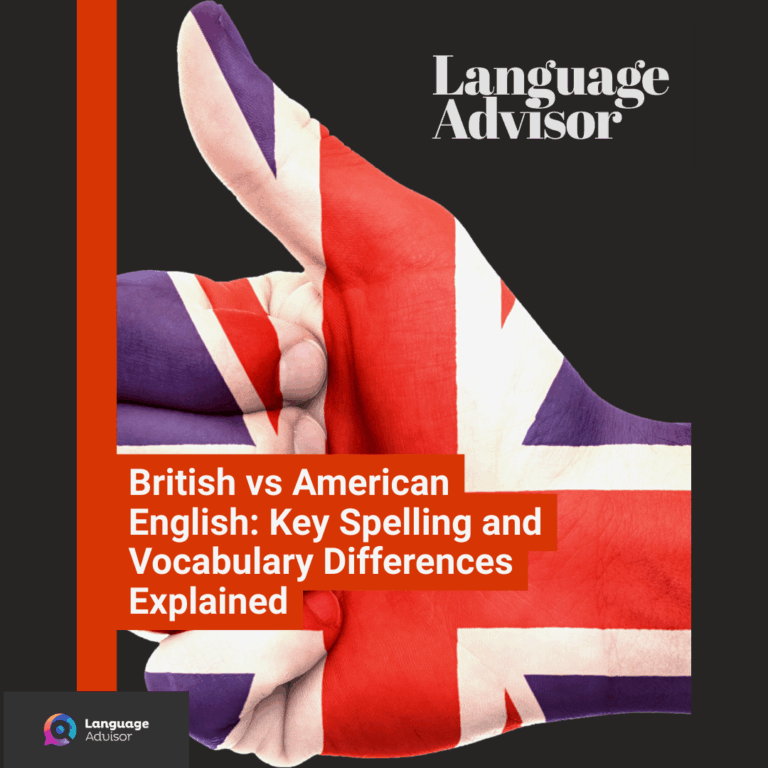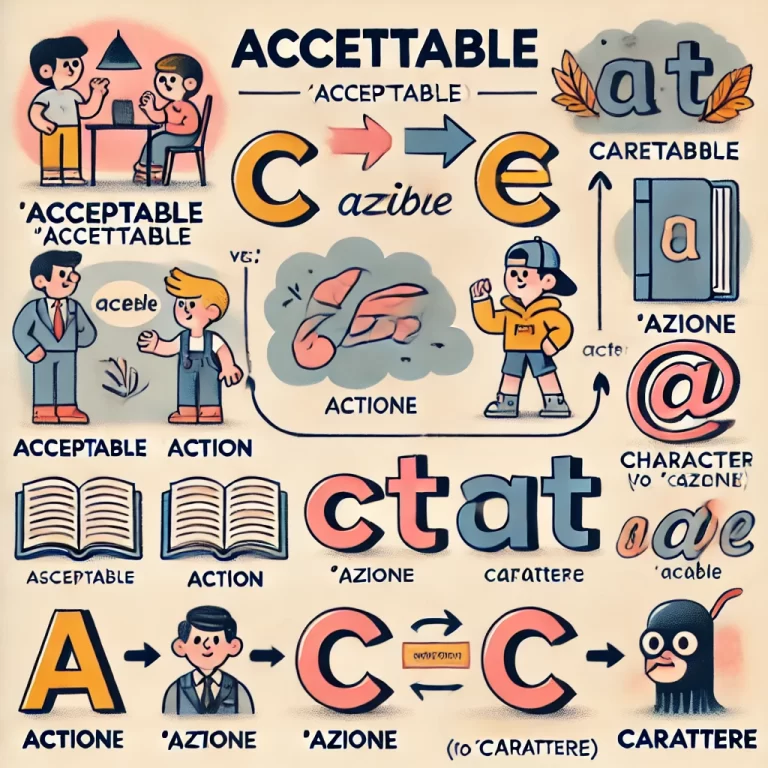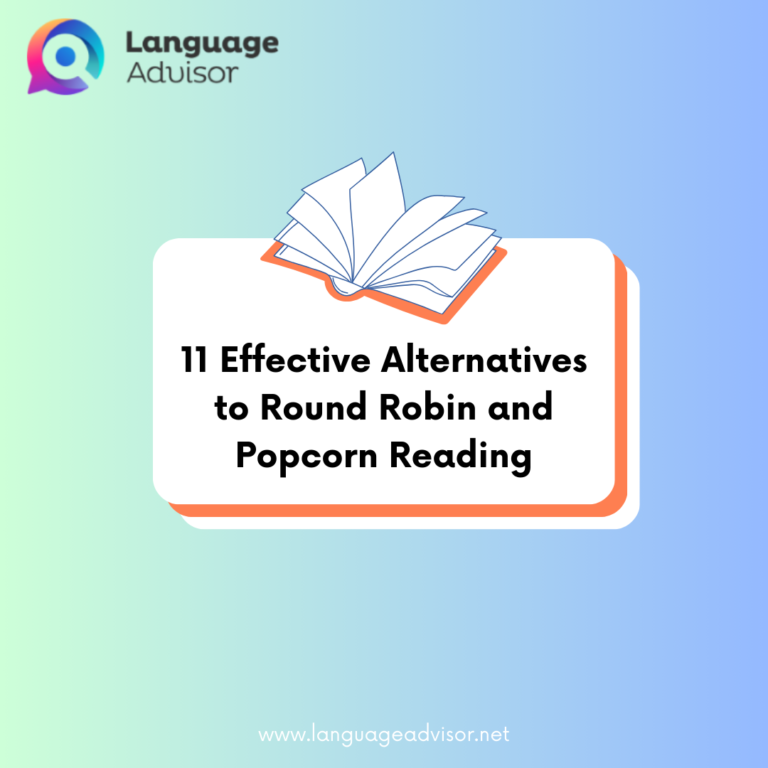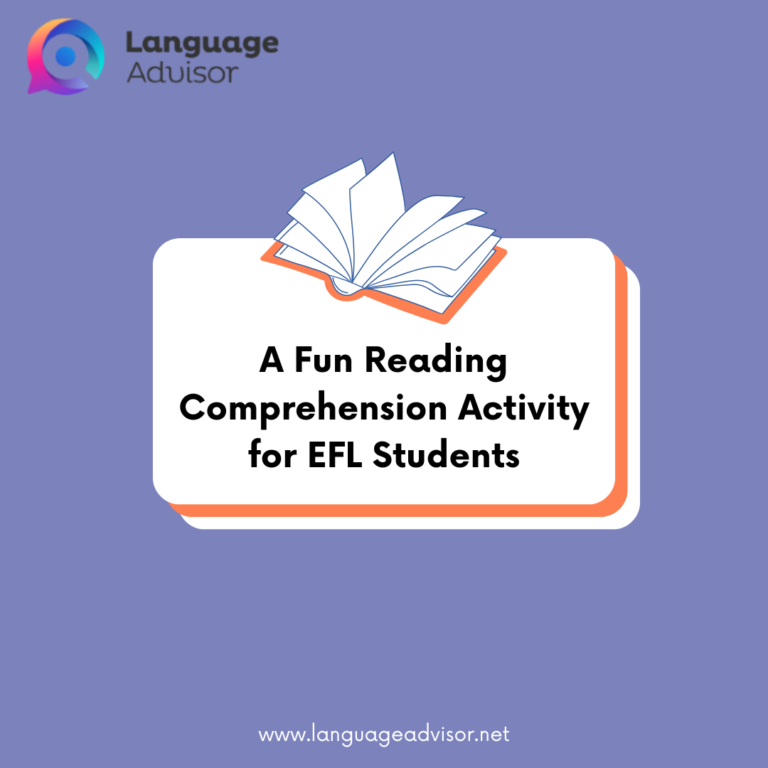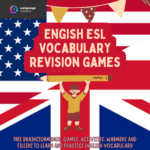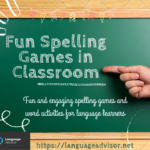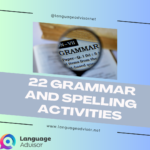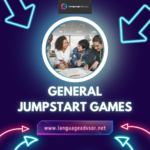Engish Spelling games. Brainstormings, Games, Activities, Warmers and Fillers to learn and practice English Spelling
Engish Spelling games

Engish Spelling games
Engish Spelling games with warmers and fillers designed to be short, designed to last no more than 10 minutes.
Here are 9 Engish Spelling games :

Alphabet game
This game can be played in groups or as a whole class. Students try to think of an animal (or any topic, such as foods, etc) beginning with each letter of the alphabet, omitting letters that don’t have words or are too difficult (e.g. X, U, Q). Students win one point for each correct animal they say first. Extra points could be added for saying whether the animal is wild or domestic.
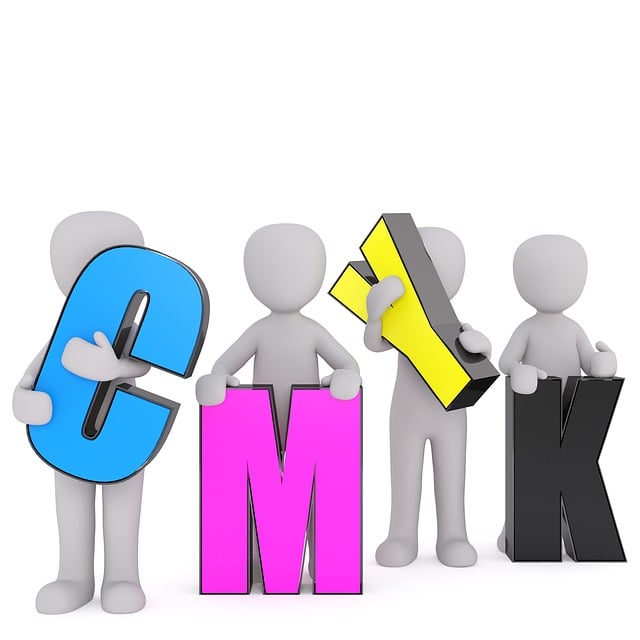
Body letters
This can be played a number of ways, for example The teacher shouts out a word and students race in teams or groups to form the letter with each other e.g. ‘H’ three students would lie on the floor forming an ‘H’.
You can set gestures or actions to each letter and sing the alphabet. Make sure if you do this that you keep the same actions for each letter; changing the action could be confusing and more difficult to remember.
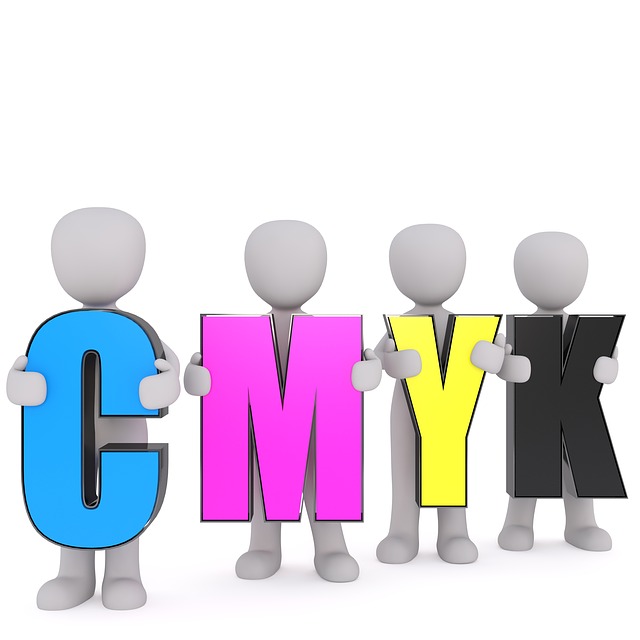
Change the letter game
Put a common four letter word on the board. In pairs or small groups, students race to find as many new words as they can change only one letter at a time to form a new word. After a minute, the group with the most words wins. For example, the starting word is hand. Students can write hand – band – bend – mend – fend – feed – feet – meet and so on.

The letter game
Put a pile of cut up letters in the middle of the floor. Divide the class into four teams, placing them at each corner of the room. The aim is to spell words the fastest. Tell the students that only one student from each team can pick a letter at any given time. Each student who goes to the letter circle can only pick out one letter, and then must go back to their team, where a new team mate goes to find a letter. The teacher shouts out a recently learned vocab word. Teams race to spell the word letter-by-letter. The first team to spell the word gets a point for their team. Continue with a new word.
See below for the letter template. It is recommended to make 12 copies of each letter.
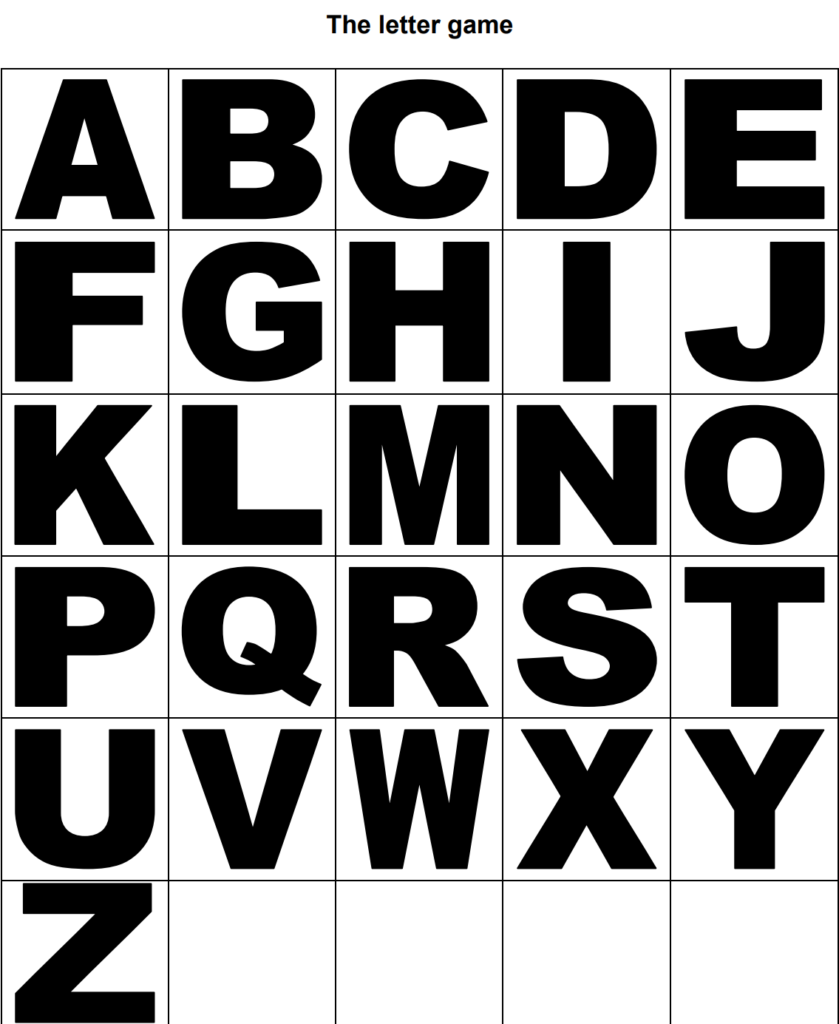
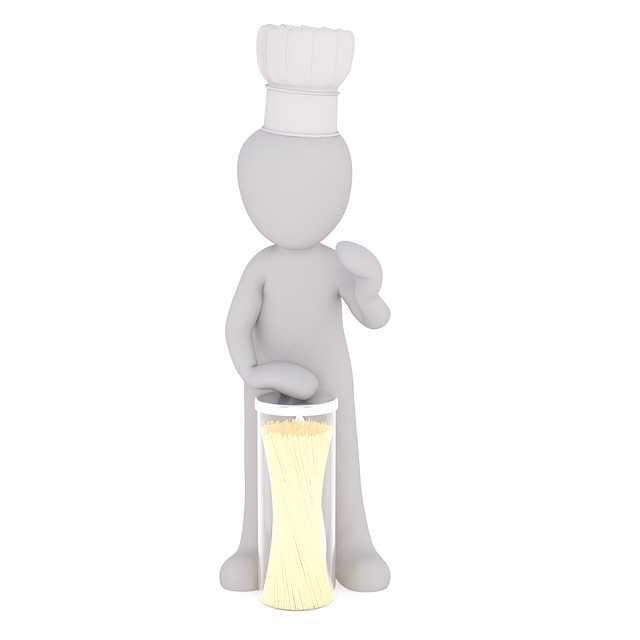
Spaghetti spelling
Bring some dried uncooked spaghetti to class. Break it up and give small piles to pairs of students. Say a recently learned vocab word. Student race to spell the words using the spaghetti pieces.

Spelling relay
Divide the students into two or three teams. Line them up at the back of the room. Give the first student in each line a board marker. Shout out a vocab word, e.g. ‘apple’. Students race to the board to write the first letter of the vocab word, e.g. ‘a’. They must then race back and hand off the marker to the next student in line who runs to the board to write the next letter, e.g. ‘p’. The first team to finish writing the word gets a point for their team.

Spelling tennis
This follows the same format as ‘Word Tennis’ (under English ESL Vocab revision games) but the students spell the word shouted out instead.

Tower
Draw the following grid on the board:
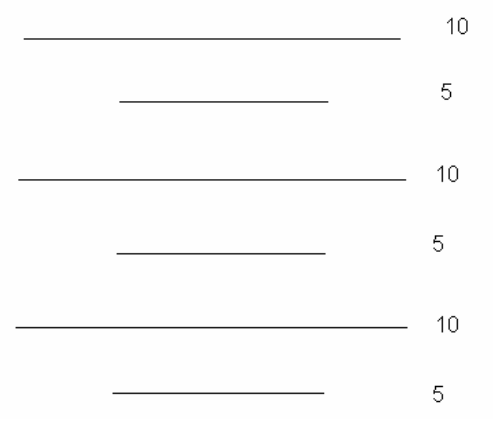
Write in the first 3 letter word e.g. cat, pet, bat, pen, she etc. Divide the class into small teams. Teams race to think of the next word (5 letters) which must include the 3 letters of the first word e.g. CAT – TRACK. The 3 letter words are 5 points, 5 letter words are 10 points. Each new word must be formed using 3 letters from the previous word. Words cannot be repeated. For the final 20 points teams must think of the longest word they can using the previous 3 letters.
The longest word wins the points. Play a few rounds, changing the first word each time! To vary the activity, this can be played as a board race and will get students moving. Draw 2 or 3 grids on the board and have the teams race to complete their own grid. First to finish correctly wins the round. To make the game more challenging you could change the length of the words e.g. draw the tower made up of 5 letter words and 7 letter words etc.

Vowel body spelling
The aim is to spell words without saying the vowels but putting actions in for the vowels instead. First, decide what action is going to be used for each vowel e.g. ‘a’ is putting arms above heads, ‘e’ is putting hands on knees, ‘i’ is putting arms straight out, etc. The teacher then says a recently learned vocab word, e.g. ‘banana’. The class then begins to spell the word saying the consonants and miming with an action the vowels, e.g. ‘b’, , ‘n’, , ‘n’, and .

Engish Spelling games
Engish Spelling games. Also check out these English games and activities



